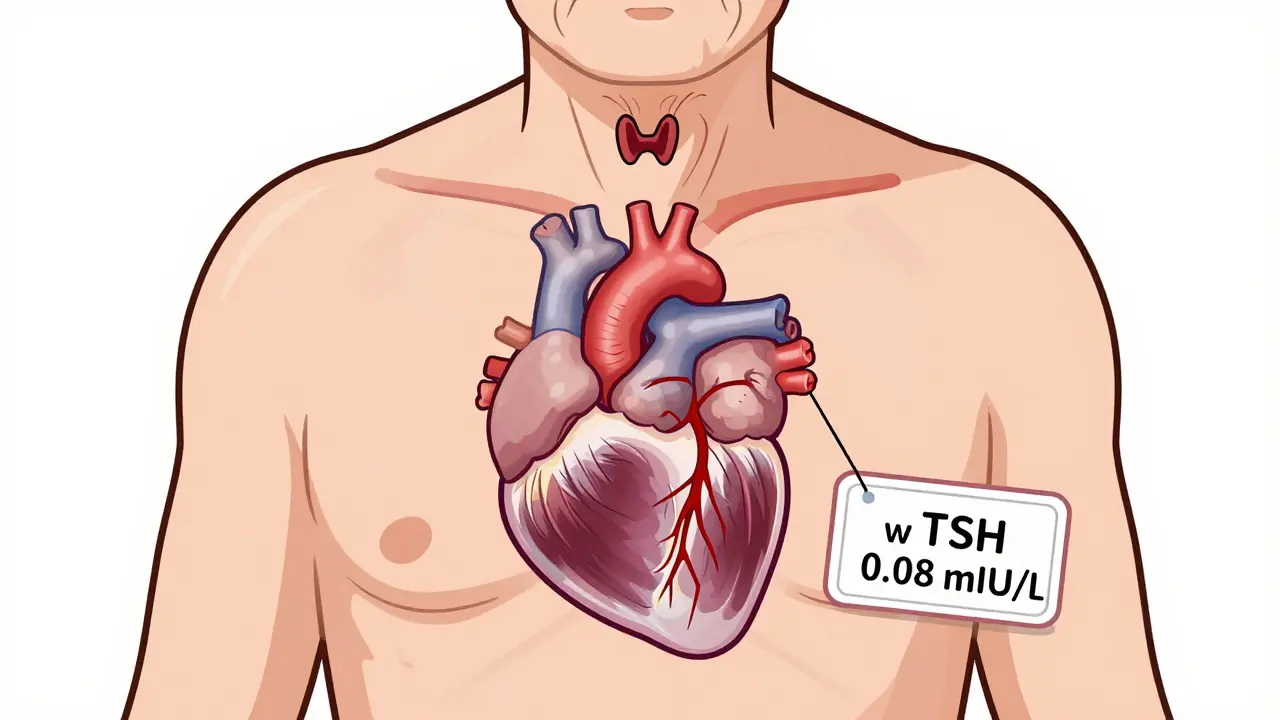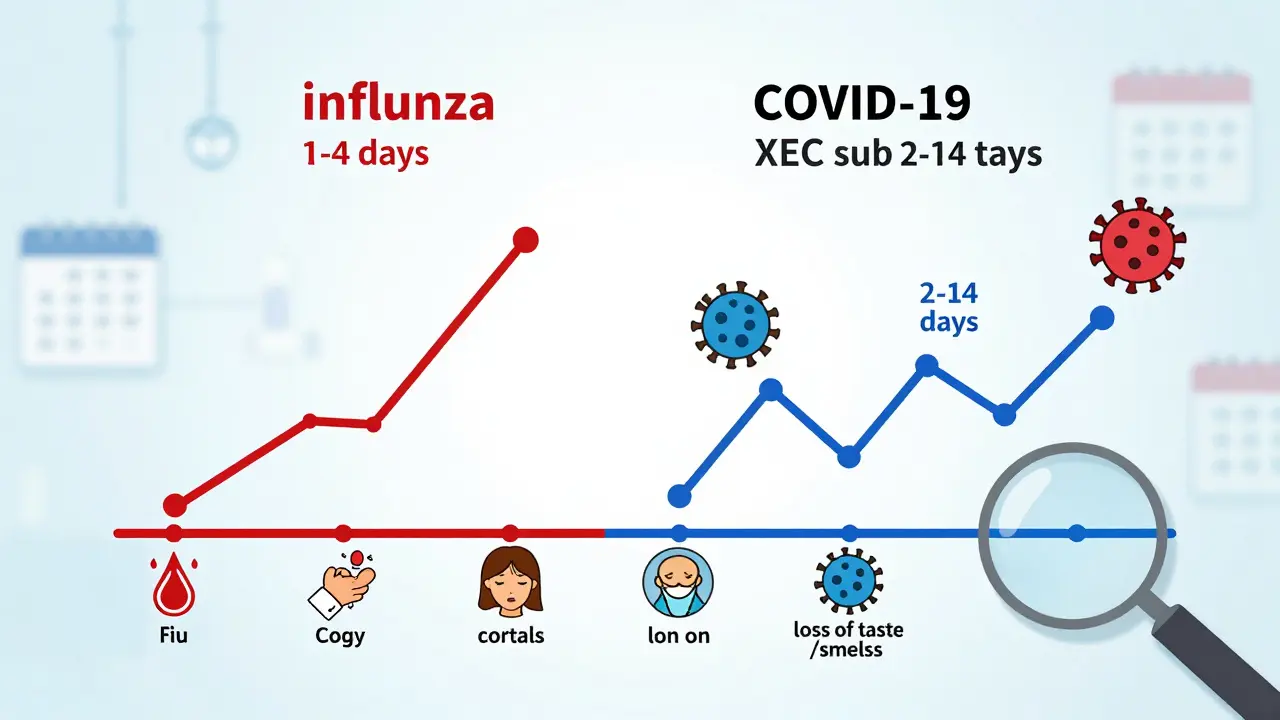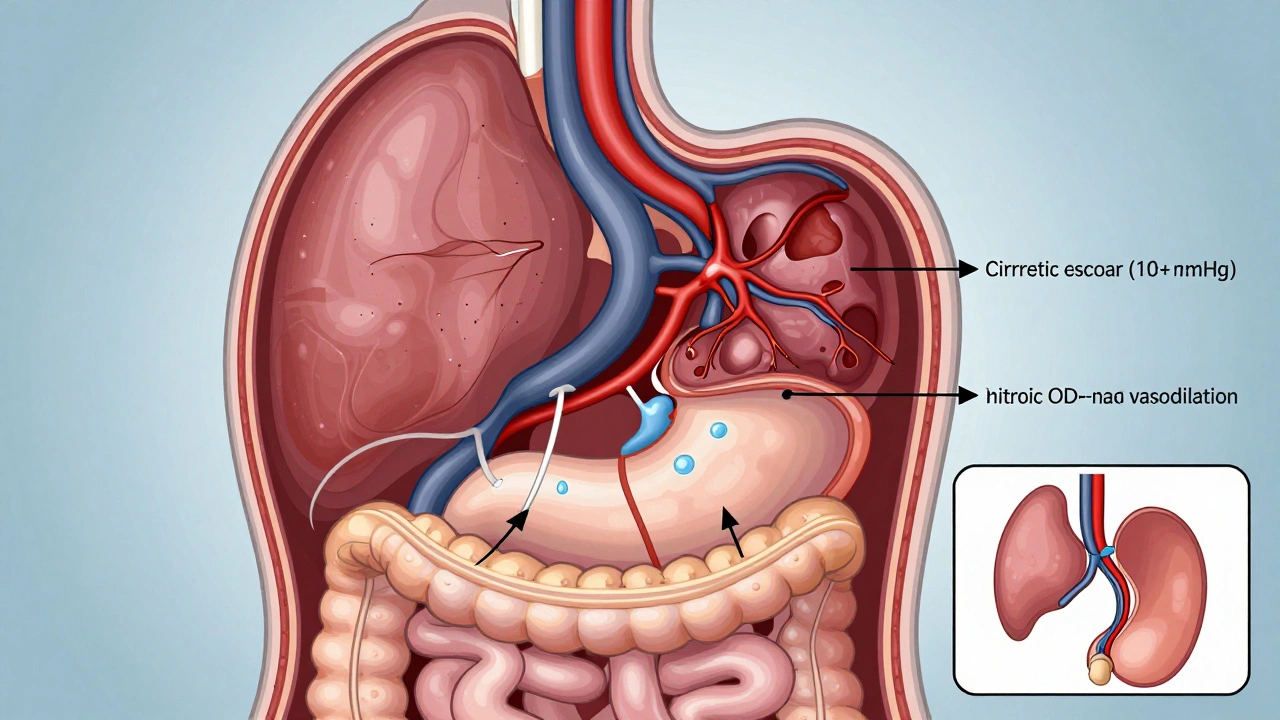Health and Medicine: Practical Drug Guides and Pharma Updates
Want clear, useful info about medicines, treatments, or big pharma moves? You're in the right spot. This page pulls together practical guides on common drugs, quick safety checks, and recent industry news so you can make smarter choices or know what to ask your clinician.
Where to check drug info and how to judge sources
Not all health sites are equal. For reliable drug facts, try well-known resources like Drugs.com, MedlinePlus, RxList, DailyMed, and GoodRx. Look for pages that list active ingredients, usual doses, side effects, and clear interaction warnings. Prefer sources that cite official labels or government health sites.
Quick tip: cross-check one medical claim across two trusted sites. If both list the same side effects and interactions, that consistency matters. If you spot conflicting advice, bring it to your pharmacist or doctor before changing anything.
Common meds and real-world safety notes
Inderal (propranolol) is used for high blood pressure, certain heart rhythm problems, migraine prevention, and performance anxiety. Typical adult doses vary a lot depending on the condition — short examples: low doses like 10–40 mg for situational anxiety, and higher daily totals (often 80–240 mg) split through the day for migraine or blood pressure. Don’t combine propranolol with other strong blood-pressure drugs or certain antidepressants without checking with your prescriber. Watch for tiredness, dizziness, or slow pulse.
Carbidopa-levodopa combined with entacapone (available as combination pills) helps raise brain dopamine for Parkinson’s symptoms. Many people notice better control of movement and, for some, reduced anxiety or improved mood when motor symptoms are steadier. Side effects can include nausea, vivid dreams, and fluctuations in response — talk to your neurologist about timing doses and tracking mood changes.
Amantadine is sometimes used for Parkinson’s and fatigue after viral illness. Be careful with amantadine if you have kidney problems, a history of seizures, or psychiatric issues; common side effects include dizziness and trouble sleeping. Pregnant or breastfeeding people should discuss risks with a provider — data are limited and doctors usually choose alternatives if safer options exist.
Recent pharma news can affect access and pricing. For example, Zuellig Pharma recently gained rights to manufacture and distribute brands like Cialis and Alimta in parts of Asia Pacific, which may improve local availability over time. If you rely on a specific brand, watch distribution announcements and ask your pharmacy about alternatives or generics.
Bottom line: use trusted sites for quick checks, keep a list of your meds and dosages, and talk to your doctor or pharmacist about interactions and side effects. If something feels off after starting a drug, call your prescriber — better safe than sorry.













